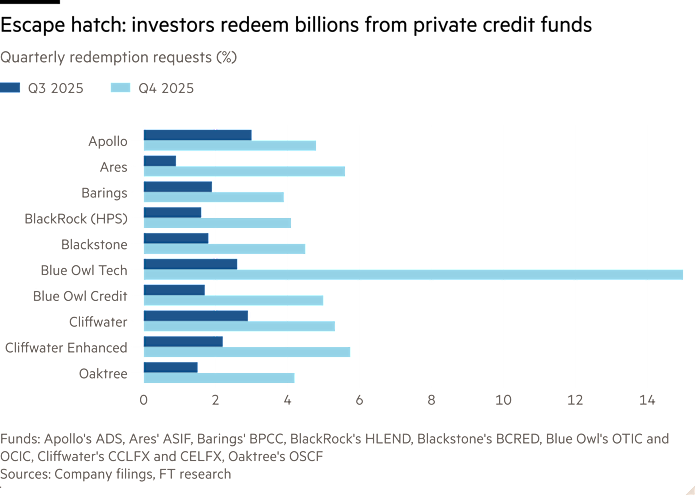This week, the Federal Council rejected two very different initiatives aimed at changing the state pension system.
In common with much of the developed world, Switzerland is facing a large gap between the money required to fund state pensions and the money flowing in to pay for them, a challenge driven by increasing life expectancy, a rise in the number of pensioners as the population ages and the way the system is funded.
Switzerland’s government is busy working on pension reform. However, some see it doing too little too slowly and have launched initiatives to spur greater action.
The first referendum is aimed at linking the state retirement age to life expectancy. Increasing the pension age in line with life expectancy puts a cap on the number of pension years, reducing the funding gap. The organisers of this initiative argue that such a mechanism ensures state pension sustainability by constraining the number of years pensions are collected.
However, the Federal Council announced on 24 November 2021 that it rejects this plan on the grounds that automatically increasing the retirement age based on life expectancy limits government flexibility and does not take into account the complexities of pensions and retirement.
Another initiative, which aims to increase the amount paid out in pensions, was also rejected by the Federal Council on the grounds that it is unclear where the extra money to fund it would come from in the context of a funding shortfall. This initiative aims to increase state pension payments by 1/12 by adding an extra 13th month.
Switzerland’s parliament has already asked the Federal Council to submit a pension reform plan by the end of 2026 aimed at solving the state pension funding gap forecast from 2030 to 2040.
Full story here Are you the author? Previous post See more for Next postTags: Business & Economy,Editor's Choice,Featured,newsletter,Personal finance































